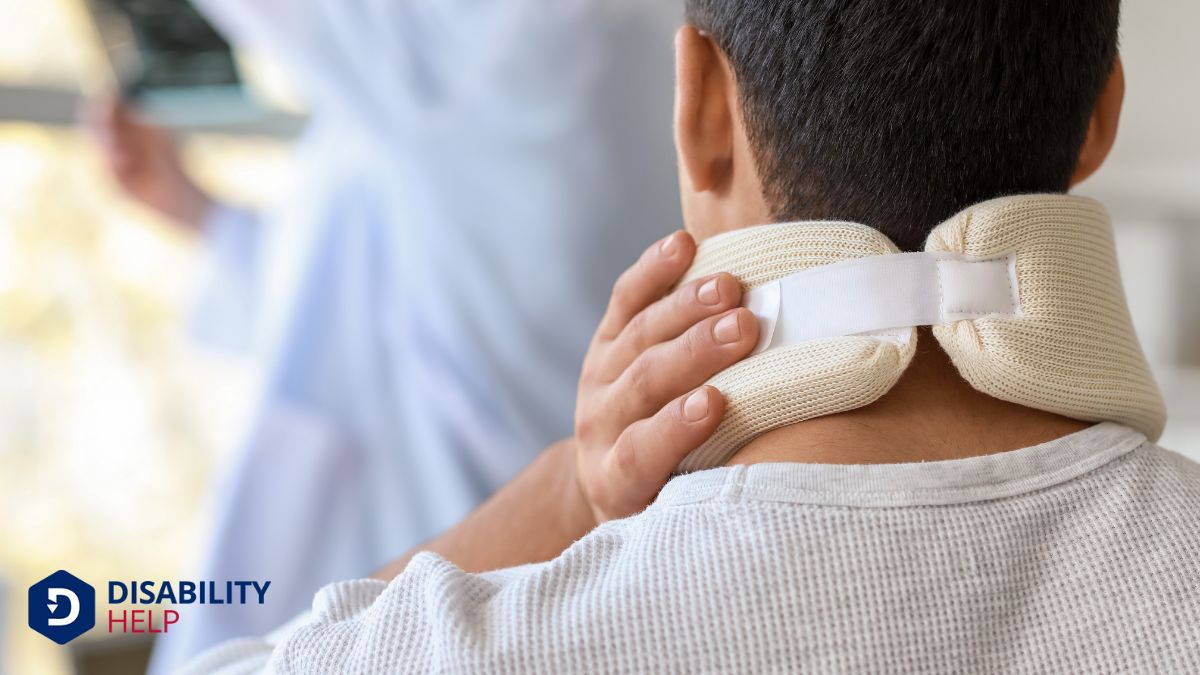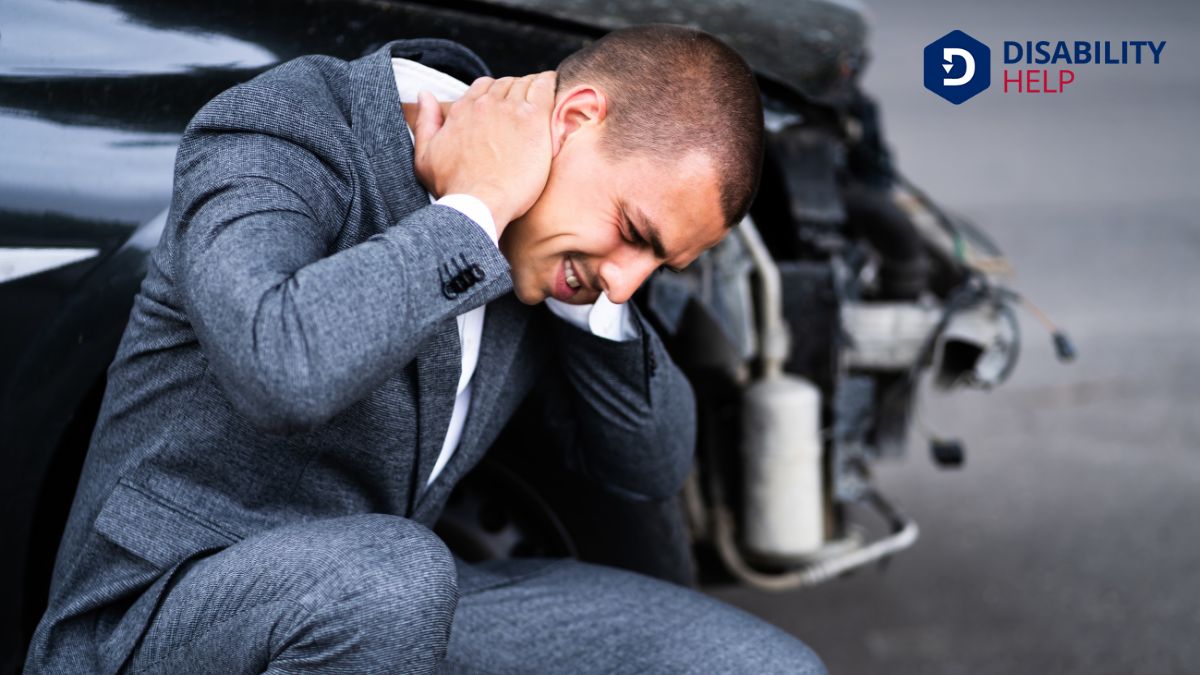Let's explore a topic that's often misunderstood yet vital for many drivers: Personal Injury Protection (PIP) claims. These claims offer a safety net after an auto accident, covering medical expenses and lost wages without needing to prove fault. But how does PIP differ from other insurance types, and why should we consider it fundamental? We'll break down the basics and uncover the nuances to guarantee we're all informed.
Key Takeaways
- PIP claims cover medical expenses and lost wages after an auto accident, regardless of who is at fault.
- Filing a PIP claim requires notifying the insurer and providing accurate details and documentation.
- PIP extends coverage to passengers, ensuring financial support for all vehicle occupants.
- Coverage limits vary, affecting reimbursement amounts for medical and rehabilitationThe process of helping individuals with disabilities achieve and maintain their optimal physical, se... expenses.
- PIP claims include medical, funeral, and essential service expenses beyond just medical bills.
Understanding the Basics of Personal Injury Protection

When it comes to maneuvering the world of auto insurance, understanding Personal Injury Protection (PIP) is crucial for safeguarding ourselves and our finances.
PIP, often referred to as "no-fault" coverage, is designed to cover medical expenses, lost wages, and other related costs after an auto accident, regardless of who's at fault.
This guarantees that we receive timely financial support without the hassle of determining blame.
Coverage Details of PIP Insurance
Let's explore what PIP insurance covers to guarantee we're fully informed.
It not only helps with medical expenses but also covers lost wages and includes rehabilitation services.
Understanding these details can help us make the most of our coverage and guarantee we're protected in various scenarios.
Medical Expenses Coverage
While understanding insurance policies can be intimidating, delving into the details of Medical expense coverage under Personal Injury Protection (PIP) insurance can be quite enlightening.
PIP coverage guarantees that we’re not left shouldering medical bills alone after an accident. It covers essential expenses like hospital stays, surgeries, doctor visits, and even rehabilitation costs. What’s more, it doesn’t matter who’s at fault; we’re still covered. This means peace of mind knowing that our immediate medical needs are taken care of without delay.
Additionally, PIP often extends beyond just the driver. Passengers in our vehicle during an accident can also benefit from this coverage.
Lost Wages Compensation
Beyond medical expenses, Personal Injury Protection (PIP) insurance also addresses the challenge of lost wages following an accident.
When we're unable to work due to injuries, the financial burden can quickly become overwhelming. PIP steps in to ease this stress by compensating a portion of our lost earnings. This means we don't have to worry about missing paychecks while recovering.
Typically, PIP covers a percentage of our regular income, up to a specified limit. It's essential to understand the specific terms of our policy, as they can vary by state and insurer. Knowing these details helps us plan effectively and guarantees we receive the benefits we're entitled to.
Rehabilitation Services Inclusion
Rehabilitation services are an essential component of Personal Injury Protection (PIP) insurance, stepping in to aid our recovery process after an accident. These services cover a range of treatments, including physical therapy, occupational therapy, and sometimes even psychological counselingProfessional guidance to help individuals cope with emotional, mental, or social challenges, particu.... They aim to restore our functionality and help us regain independence as swiftly as possible.
By including these services in PIP, we’re assured financial support for recovery-related expenses, which can otherwise be burdensome.
When we explore our PIP policy, it’s vital to understand the specifics of coverage limits and any required documentation. Knowing these details means we can focus on healing rather than worrying about unexpected costs.
The Process of Filing a PIP Claim
Filing a Personal Injury Protection (PIP) claim involves a series of essential steps that guarantee we receive the benefits we're entitled to after an accident.
First, we should promptly notify our insurance company about the accident. Timeliness is vital, as delays can affect our claim's success.
Next, we need to complete a claim form, providing accurate details about the accident and our injuries.
Let's gather any necessary documentation, such as medical bills and proof of lost wages, which supports our case.
It's important to maintain clear communication with our insurer and respond to any requests for additional information.
Finally, we'll need to review the settlement offer carefully, making sure it covers our expenses before accepting it.
This process guarantees we're adequately protected.
Differences Between PIP and Other Insurance Types
While understanding personal injury protection (PIP) is essential, it's equally important to recognize how it differs from other insurance types. PIP is unique because it covers medical expenses and lost wages regardless of who caused the accident.
Unlike liability insurance, which only pays for damages to others when we're at fault, PIP protects us directly, guaranteeing we can cover immediate costs after an accident.
Additionally, PIP often includes coverage for rehabilitation services and even funeral expenses, offering broader protection than standard health insuranceA system for paying for medical services, often covering preventive, diagnostic, and treatment costs....
Collision insurance, on the other hand, focuses on vehicle damage, not personal injuries. Recognizing these differences helps us make informed decisions about our coverage needs.
Common Misconceptions About PIP Claims
Although personal injury protection (PIP) is designed to simplify the claims process, misconceptions abound, often leaving policyholders confused.
Many of us mightn't fully understand what PIP covers or how it functions. Let's clear up some common misunderstandings.
- PIP vs. Fault: PIP is no-fault insurance. It covers medical expenses regardless of who caused the accident. We shouldn't confuse it with liability coverage.
- Coverage Limits: PIP has set coverage limits. It's essential to know these limits beforehand, as they can affect how much of our expenses are reimbursed.
- Scope of Coverage: PIP often covers more than just medical bills. It may include lost wages and essential services, but it's important to verify what's included in our specific policy.
Understanding these points helps us better navigate our PIP claims.
Choosing the Right PIP Coverage for Your Needs

How can we guarantee we're choosing the right PIP coverage for our needs? First, let's assess our situation. How often do we drive, and what’s our typical commute like? Understanding our driving habits helps us determine the potential risk level.
Next, we should review any existing health insurance, as PIP coverage can fill gaps. It’s also wise to evaluate the medical costs in our area, which can vary considerably.
When setting our PIP limits, we must balance affordability with sufficient coverage. Let’s not forget to compare different insurance providers; rates and benefits can differ widely.
Finally, discussing our options with an insurance expert can provide clarity and confidence. By taking these steps, we’ll guarantee our PIP coverage truly meets our needs.
Conclusion
To summarize, understanding Personal Injury Protection (PIP) claims is crucial for us as drivers and passengers. PIP helps us cover important expenses like medical bills and lost wages without worrying about who's at fault. While it's different from other insurance types, knowing how to file a claim and choosing the right coverage can make a big difference. Let's not fall for common misconceptions and guarantee we're prepared with the PIP coverage that best meets our needs.






